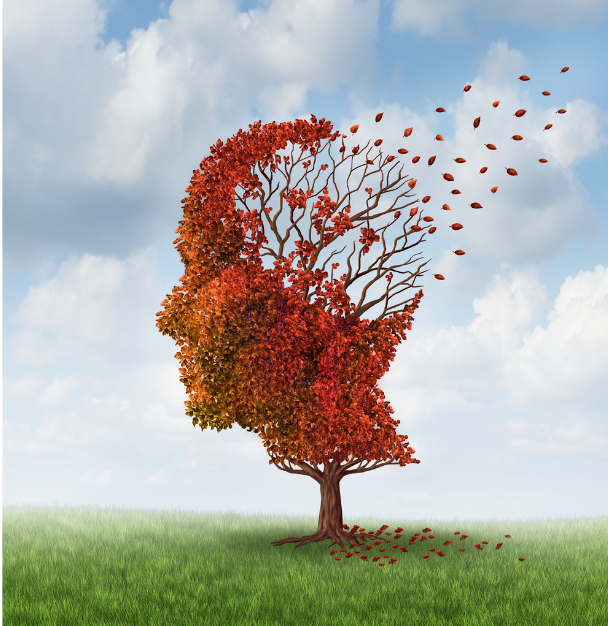Love is Listening

Published: 07/02/2022
Love is Listening
All humans have a fundamental need to feel valued and recognised. It goes to the root of our self-esteem. We need to feel we are being listened to by our nearest and dearest and that we matter. We want to be seen by others - and know we can make a difference in the world. Such needs are as vital to us as the need for food and water. When these needs are not met, depression and anxiety can quickly set in.
Despite endless newspaper stories giving hope, dementia remains an incurable disease with a bleak prognosis. In the absence of a cure, rather than seek medical solutions, Michael Verde, a dementia expert from Memory Bridge USA, suggests we focus more on the root cause of suffering experienced by those living with dementia.
In our lives we all face unexpected events or issues outside our control. We are fragile. One day everything is fine, the next everything has changed. When a loved one (“Mum”) is diagnosed with dementia, she is still the same person she was before being diagnosed. She has not changed. But right or wrong, her family and friends will see her differently. They look for signs. They want to help Mum more or ask her to do less. Her place at the centre of the family inevitably changes. Over time her capacity to follow conversation, or express herself, becomes impaired. She won’t be able to keep up and inevitably will start to feel less valued and less recognised. She begins to feel cut off from others, isolated and confused. She is no longer seen as one of “us” but rather one of “them” - a person living with dementia experiencing progressive mental impairment.
Michael Verde argues that those living dementia crave intimacy. Being friendly, nice and tolerant is not enough. They need to feel loved - not just helped. He suggests family and friends need to open up to Mum’s deep human need for connection. He says “You don’t need to know the days of the week to feel someone respects you. You don’t need to be able to count backward from 100 in sevens to feel that your life has consequence to other lives”. He goes on to suggest 3 steps we can follow when supporting Mum.
Step 1
Let go of judgement including self-judgement. This keeps us away from being mindful. Try not to look for changes in Mum’s behaviour. Let in a wider awareness. Start noticing if Mum is expressing a need or desire. Pay attention and respond.
Step 2
Let it be. You may see different behaviours or other signs but try to accept these as they are. This is the new normal.
Step 3
Identify with the person. See Mum as she is, as a whole person, let ego disappear, as you would when gazing at a new-born baby. Look her in the face, leaving aside any judgement. Identify with her and make sure she feels she belongs, and she matters. Remove any feeling that Mum is “one of them” help her feel she is still “one of us”.
A diagnosis of dementia can leave us feeling lost and without hope, but these steps are the good news. We may feel we don’t have enough time to spare but Mum does not need such intimacy 24 hours a day. Just 10 or 15 minutes a day can be enough. Practice shows real empathetic resonance, identifying with feeling can heal what no pill will heal.

